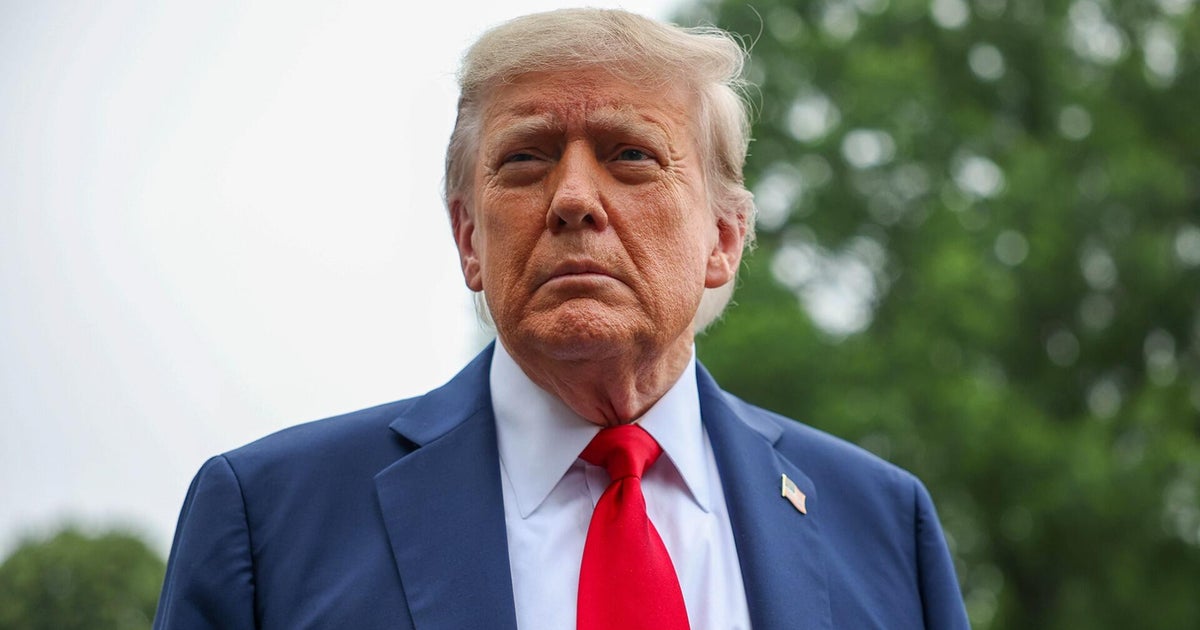In a significant escalation of tensions in the Middle East, Israel has launched strikes on multiple nuclear facilities across Iran, striking at the heart of its nuclear program. Among the targets was the heavily fortified uranium enrichment plant at Fordo, which has long been a subject of international scrutiny and concern due to its location deep within a mountain. This particular site is known for its high level of protection, designed to withstand most conventional attacks. However, experts argue that the destruction of such a facility is beyond the capabilities of Israeli ordnance and would require much more powerful weapons.
The Fordo enrichment plant, in particular, represents a formidable challenge. It is reported that only ordnance-penetrator bombs — massive, heavily specialized bunker busters — possess the necessary force to infiltrate and damage such a hardened facility. These bombs are designed to penetrate deep into the earth or through thick concrete before detonating, making them ideal for targeting underground facilities like Fordo. The United States is one of the few countries with access to such weaponry, specifically designed for their B-2 bombers, which are stealth aircraft capable of evading radar detection and delivering these powerful bombs accurately.
The implications of Israel’s attacks are far-reaching, not only in terms of Iran’s nuclear ambitions but also concerning global political dynamics. The Fordo site’s strategic importance cannot be understated, as it is central to Iran’s ability to enrich uranium, which many fear could be used to develop nuclear weapons. Israel’s decision to target this site and others signals a severe escalation in its efforts to curtail Iran’s nuclear capabilities, potentially provoking a sharp response.
Weijia Jiang, reporting on the unfolding situation, highlights the crucial decision facing President Trump regarding the U.S. role in these strikes. The international community is closely watching the U.S.’s next move, especially considering the potential involvement of American military assets to ensure the successful dismantlement of Fordo’s defenses. If the U.S. decides to employ its bunker busters, it will mark a significant escalation in American military engagement in the region, aligning more directly with Israeli offensive operations against Iran.
The decision is complicated by several factors. First, there is the question of the legality and the ethical implications of such a strike. International law governs acts of aggression among states, and the direct involvement of the U.S. in the destruction of another nation’s infrastructure would require careful navigation of international legal norms and treaties. Additionally, there are potential repercussions in global and regional diplomacy. Iran is unlikely to remain passive in the wake of such an attack, leading to fears of retaliation against U.S., Israeli, or allied targets around the world. This could spiral into wider regional conflicts that may draw in other global powers and destabilize an already volatile area.
Moreover, the domestic implications for President Trump cannot be ignored. The President’s decision will be influenced by national security considerations, political pressures at home, including public opinion, and the broader strategic objectives of the U.S. in the Middle East. With American foreign policy being scrutinized both domestically and internationally, the choice to join Israel in these strikes or to refrain from direct involvement is a political minefield, fraught with potential repercussions for Trump’s administration.
In addition to military and political considerations, there are technical aspects to the U.S.’s potential involvement. Engaging a site like Fordo requires not only the right weaponry but also detailed intelligence about the site’s layout, defenses, and potential vulnerabilities. The effectiveness of such a strike would depend heavily on the accuracy of this intelligence and on the capabilities of American military technology to carry out a precise and effective attack that minimizes collateral damage. The ethical implications of such collateral damage also weigh heavily on any deliberation.
The global community remains on edge as the situation unfolds, with many urging restraint and diplomacy over further military escalation. There are calls for the U.S. and other global powers to seek a peaceful resolution through dialogue rather than force, emphasizing the need for a sustainable and stable solution that addresses the concerns of all parties involved.
In conclusion, Israel’s recent military action against Iran’s nuclear facilities, especially the Fordo uranium enrichment plant, has brought to the forefront critical questions about the use of force in international relations, the role of the U.S. in Middle Eastern conflicts, and the strategies appropriate for dealing with nuclear proliferation. As President Trump deliberates over the U.S.’s next steps, the international community watches closely, aware that his decision will have significant and far-reaching consequences for regional and global stability.









